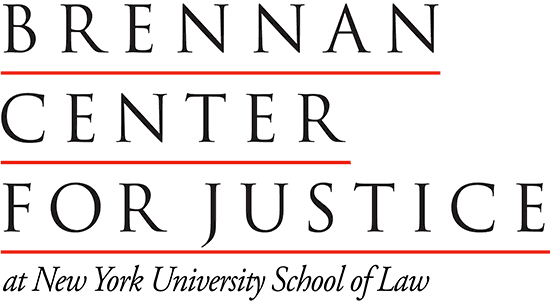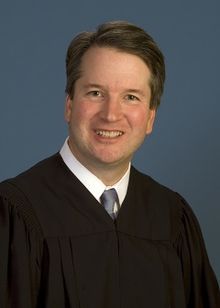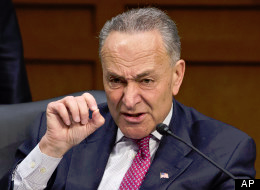The campaign finance “reform” movement is at a crossroads. Some influential elements are pushing the envelope farther than ever, but others are stepping back to re-examine whether lifting certain restrictions can achieve what 40 years of the Federal Election Campaign Act (FECA) and a decade plus of the Bipartisan Campaign Reform Act (BCRA) could not: a robust and inclusive democratic process.
Longtime advocate of greater speech regulation, the Brennan Center for Justice, took great pains to move towards the latter group Wednesday without alienating the former. In a panel discussion on a new report by Brennan’s Ian Vandewalker and Daniel Weiner, “Stronger Parties, Stronger Democracy: Rethinking Reform,” panelists explored avenues for reinvigorating political parties without denouncing the Brennan Center’s past support for laws that caused them to wither in the first place.
They had a chance to. Moderator Matea Gold of The Washington Post opened the event by asking whether the report meant that Brennan had “decided you made a huge mistake” by supporting BCRA. Weiner said “no,” but admitted “we lost sight of the positive roles parties play,” characterizing them as “engines of participation” whose unique role could not be replicated by other groups. This is true as political parties help foster political engagement by offering a range of volunteer opportunities, raising money from small donors, and registering and mobilizing voters on a scale unmatched by other institutions.
Vandewalker and Weiner deserve credit for urging the reform lobby to recognize the many positive aspects of parties and to consider whether easing restrictions on these entities could be beneficial for politics. Their sleight of hand absolving reformers of responsibility for our failed regulatory system is forgivable if it succeeds in persuading their traditional regulatory allies to finally adopt a nuanced view of how political spending functions in practice. After all, it’s not easy to switch overnight from hollering to the heavens that money must be kept out altogether to accepting that the democracy you want is only possible if groups can effectively fundraise and work with candidates.
FEC Commissioner Lee Goodman spoke most persuasively on this point, describing how BCRA forces state and local parties to abide by complicated federal regulations if they spend more than a small amount advocating for a candidate in a congressional race. Speaking from experience, Goodman told the room that local parties couldn’t comply with the onerous regulations and therefore couldn’t run ads for their candidate. If you want citizens to have more influence in politics, it doesn’t make sense to strangle the political institution closest to them.
Spencer Overton, a Law Professor at George Washington University Law School, explained that the idea of getting money out of politics was outdated and that reformers must offer constructive policies that allow parties to be more effective if they want to avoid seeing contribution limits raised or eliminated to counter spending from independent groups. Overton even cited CCP Chairman Brad Smith while explaining to a questioner that there actually isn’t that much money in American politics when considered in context.
Of course, no one should confuse the reform movement for an ally of free speech. Panelists expressed discomfort with the idea of raising contribution limits, worried about a lack of diversity among donors, and proposed taxpayer-financed campaign programs as a solution to perceived ills. But perfect can be the enemy of the good, and movement in the direction of fewer restrictions and more freedom deserves encouragement.
It’s more than a little amusing (and heartening) for supporters of free speech to watch reformers finally grapple with the downsides of regulation in 2015. Let’s just hope they have the stomach to keep going, and don’t allow their past allegiances to failed reforms to blind them to what CCP has long recognized: strong democracy requires not only strong parties, but strong protections for political activity in all its forms.














